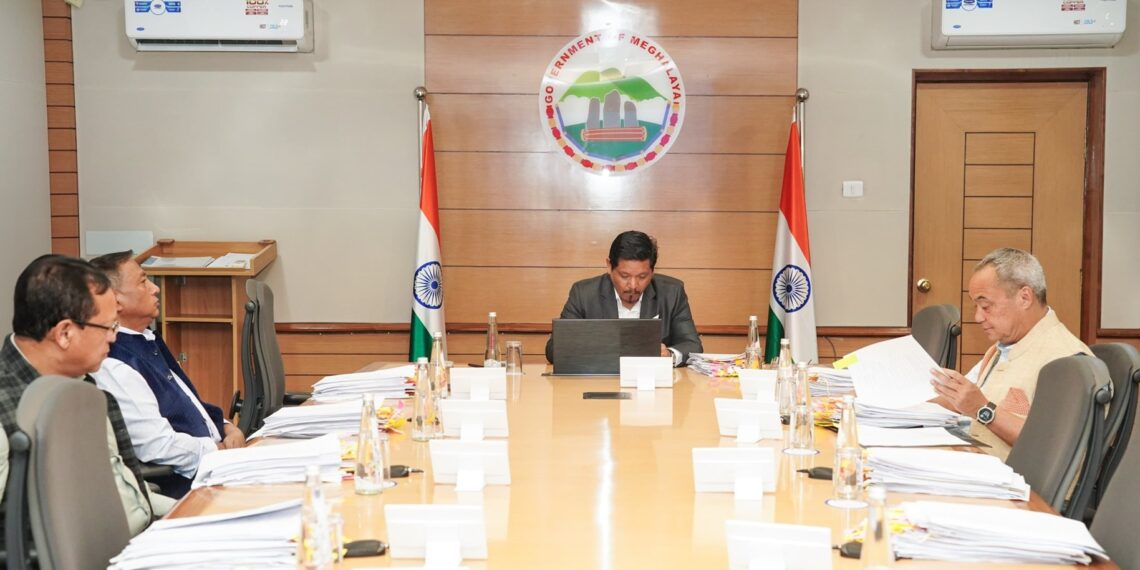Shillong: The Meghalaya Cabinet on Thursday approved a set of structural reforms aimed at improving governance and streamlining administrative processes across departments, including building regulations, civil service recruitment, and the functioning of the District Council Affairs (DCA) department.
Chief Minister Conrad K Sangma, who chaired the meeting, announced that a fully online building permission system will come into effect from August 11, under the newly amended Building By-Laws, 2025.
All building permit applications will now be submitted digitally.
To ease procedures for small-scale construction, the government has waived technical vetting by the Meghalaya Urban Development Authority (MUDA) for low-risk buildings — such as G+1 residential, commercial, or industrial structures — within a built-up area of 2,500 to 3,000 sq ft and a maximum height of 7 metres.
Applicants can proceed with construction immediately after submitting self-attested plans via empanelled architects or engineers.
For slightly larger constructions, up to 7,500 sq ft (G+2 structures), approvals will be streamlined through third-party verification agencies and registered professionals, Sangma said.
In another significant move, the Cabinet approved a revamp of the Meghalaya Civil Services (MCS) examination pattern, removing optional subjects altogether.
Previously, aspirants could choose from 23 optional subjects, which officials said created disparities and administrative complications.
Going forward, all candidates will take a common paper on Meghalaya, with focus areas including the state’s history, culture, and economy.
ALSO READ: Bangladesh for sale: How Yunus’ shadow regime surrendered the nation’s sovereignty
The shift is intended to level the playing field and align the exam structure with evolving national frameworks.
Further, financial authority within the District Council Affairs department has been upgraded.
With the department lacking a designated Head of Department (HoD), the Cabinet has empowered the Joint Secretary with HoD-level financial powers under an amendment to the Delegation of Financial Power Rules, 2006.
The DCA has also been designated as the single nodal agency for distributing revenue shares to autonomous district councils — a responsibility previously split across the mining, forest, and transport departments.















